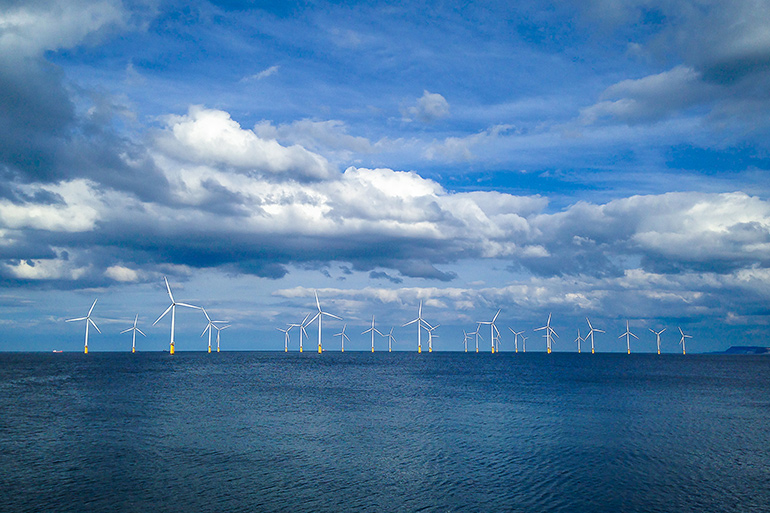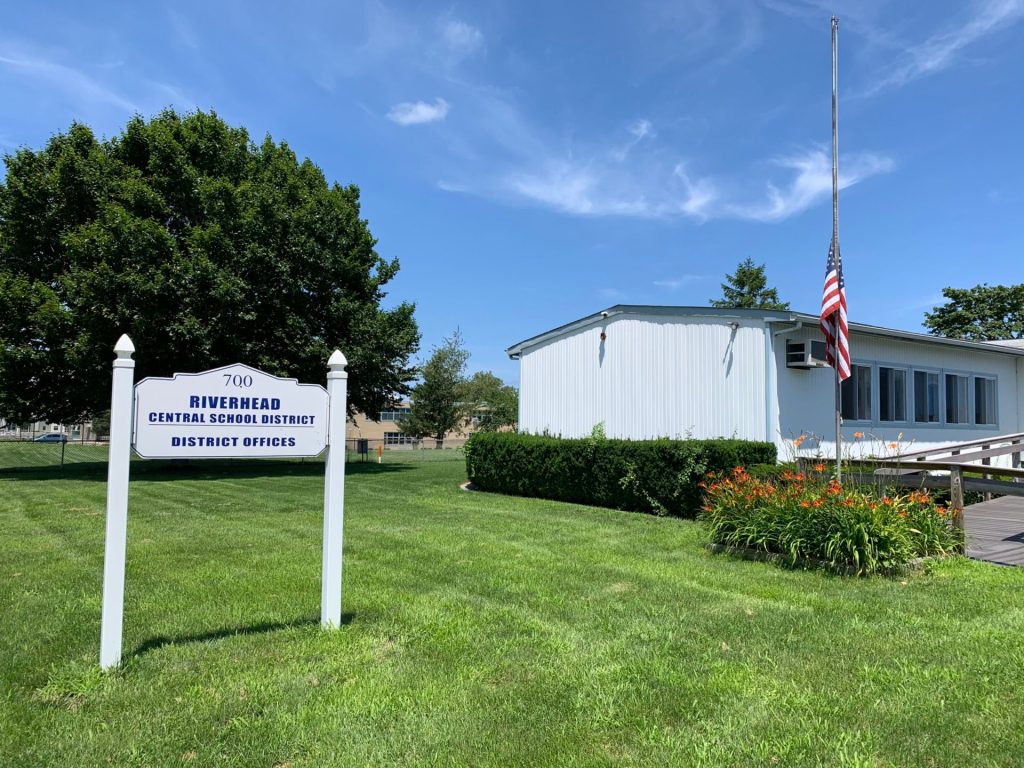Wind Farm Fake News? Opposition Truth and Lies Hard to Separate

A few weeks ago, I wrote an article in support of the planned wind farm out in the Atlantic Ocean that could power all the electricity needs on eastern Long Island. I could see no valid objection to this, considering the obvious benefit (and what Block Islanders told me was a clear success there), and I ended the article by saying that if anyone could provide me with any reasonable objection to the wind farm project, please send it to me.
Two people responded. Both sent me the same online article from the Institute for Energy Research. The Institute newsletter contains articles about solar panels, oil and gas power, electrical grids and government regulations.
Its most recent article, published April 11, was entitled “OFFSHORE WIND STATES BEWARE.”
“Fishermen across the region have been pressing officials for answers to their concerns,” the article says, also noting that “fishermen are indicating the wind farm poses serious threats caused by scattering massive metal shafts and snaking underwater cables across prime fishing grounds.”
It also says “Fishermen complain that the area where the cable lines [to Block Island] extend to the mainland is completely devoid of fish, which used to be fruitful fishing grounds. Fishermen also complained that their lines have caught on the concrete casings that cover portions of cables that are not buried.”
Hmmm. That contradicts what fishermen tell me, which is that the fishery is abundant near the Block Island offshore wind farm. The windmills are magnets for fish, like undersea shipwrecks.
“In 2016, to protect valuable scallop and squid grounds, the fishing industry filed a lawsuit against the Bureau of Ocean Energy Management (BOEM) to stop the development of a 26-mile wind farm off Long Island,” the article continues. “Besides scallops and squids, the site for the proposed wind farm includes ocean habitats for loggerhead sea turtles, right whales, black sea bass and summer flounder.”
Yes, but their lawyer said his clients believe sensible wind energy development and fishing could co-exist. It’s just that full research needs to be done before it gets approved.
The Institute wrote that rather than saving money, the project cost $300 million to provide 30 megawatts—that’s $10,000 per kilowatt, which the piece says makes it “about 10 times more than the cost of a new natural gas combined cycle unit. Further, it is 55 percent more costly than what the Energy Information Administration (EIA) expects a first-of-a-kind offshore wind unit to cost…”
It was at that moment I realized that the Institute for Energy Research was a wolf in sheep’s clothing. Yes, its true, a wind farm could cost 10 times what a natural gas unit of similar size could cost. But it leaves out the fact that for the next 20 years, the wind provides power practically for free, while with gas and oil, the power costs a fortune to dig up and transport, making oilmen rich while they ruin the atmosphere.
So what is the Institute for Energy Research? I dug deep into their website. It’s an outfit headed up by a five-member board of directors, at least two of whom are from the oil and gas industry. One is chairman of a drilling company. Another is president of an “energy procurement” company that transports oil.
Oddly, no one on the board appears to be directly from a big oil company. Why? Perhaps because the big oil companies are in the energy business and they are among those bidding for offshore wind farm leases from the government. They don’t care if the money they make comes from wind, solar, gas or oil. The “Institute” is out to promote oil and gas, and the drilling and transport business owners.
That’s why elsewhere in this article the “Institute” attacks Statoil for being a big foreign oil company wanting in to the wind business. “Statoil, which is two-thirds owned by the Norwegian government, won the bid to develop 79,000 acres of ocean off Long Island….”
So ask the Institute leaders what they think about fish and offshore oil wells. I think they will tell you that is just fine in the sea.
The Institute for Energy Research wants to stop offshore wind farm operations. It’s biased. And in its bizarre “fact” sections, I call it fake news.
You can also join up to support the Institute. And it’s a nonprofit, so it’s tax free. Climb aboard.
Yes, Russia meddled with our election. And yes, they also tried to meddle with the French elections. But you know what? The French were told to ignore what the media said about the election. Le Pen, the Russian-backed right-wing candidate, lost.









